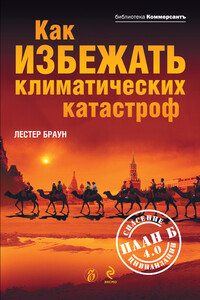Английский язык для специальных и академических целей: Международные отношения и зарубежное регионоведение. Часть 1 | страница 44
“Watson, you idiot! Someone has stolen out tent!”
We don't know exactly how Holmes arrived at his conclusion, but perhaps it was something like this:
1. I went to sleep in a tent, but now I can see the stars.
2. My intuitive working hypothesis, based on analogies to similar experiences I have had in the past, is that someone has stolen our tent.
3. In testing that hypothesis, let's rule out alternative hypotheses:
a. Perhaps the tent is still here, but someone is projecting a picture of stars on the roof of the tent. This is unlikely, based on my experience of human behavior and the equipment that experience tells me would have to be present in the tent obviously isn't.
b. Perhaps the tent blew away. This is unlikely, as my past experiences lead me to conclude that that amount of wind would have awakened me, though perhaps not Watson.
c. Etc., etc., etc.
4. No, I think my original hypothesis is probably correct. Someone has stolen our tent.
Induction. All these years we've been calling Holmes's skill by the wrong term.
***
Deductive logic reasons from the general to the particular. The bare-bones deductive argument is the syllogism “All men are mortal; Socrates is a man; therefore, Socrates is mortal.” It is amazing how often people screw it up and argue something like, “All man are mortal; Socrates is mortal; therefore Socrates is a man,” which doesn't logically follow. This would be like saying, “All men are mortal; my kid's hamster is mortal; therefore, my kid's hamster is a man.”
***
There is nothing like an argument from analogy. [...] Some have argued that because the universe is like a clock, there must be a Clockmaker. [...] this is a slippery argument, because there is nothing that is really perfectly analogous to the universe as a whole, unless it is another universe, so we shouldn't try to pass off anything that is just a part of this universe. Why a clock anyhow? Why not say the universe is analogous to a kangaroo? After all, both are organically interconnected systems. But the kangaroo analogy would lead to a very different conclusion about the origin of the universe: namely, that it was born of another universe after that universe had sex with a third universe. A fundamental problem with arguments from analogy is the assumption that, because some aspects of A are similar to B, other aspects of A are similar to B. It isn't necessarily so.
Another problem with arguments from analogy is that you get totally different analogies from different points of view.


